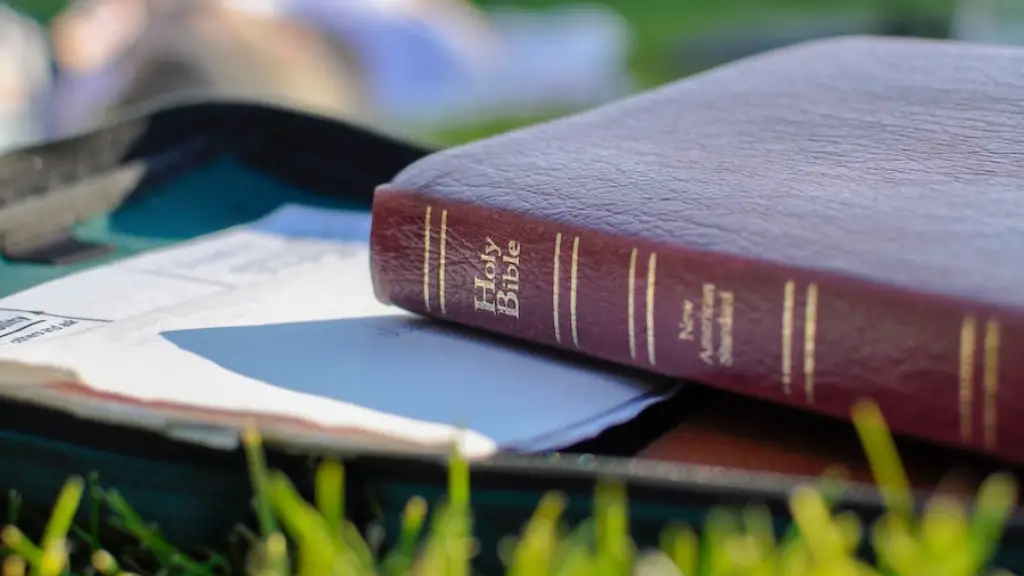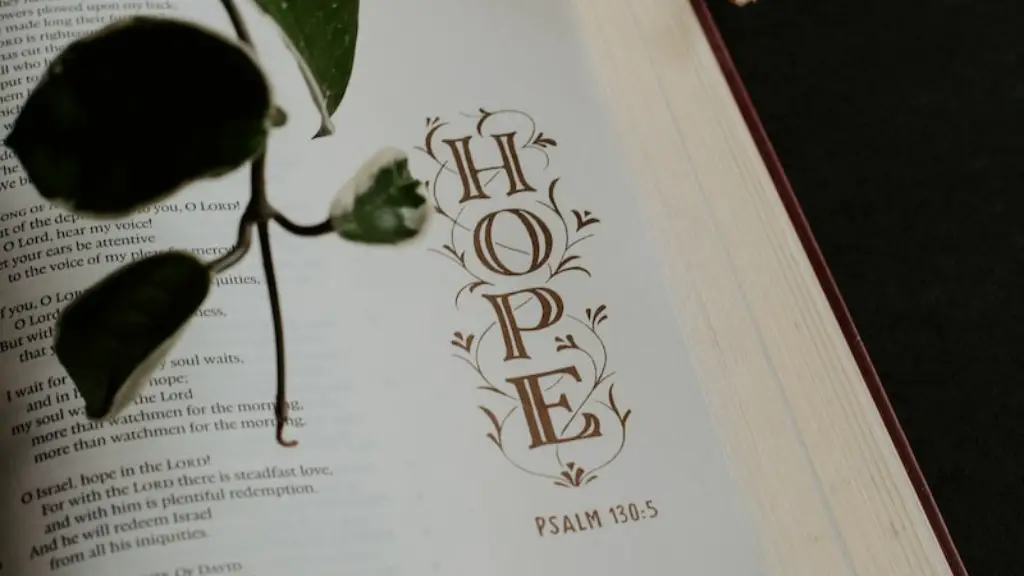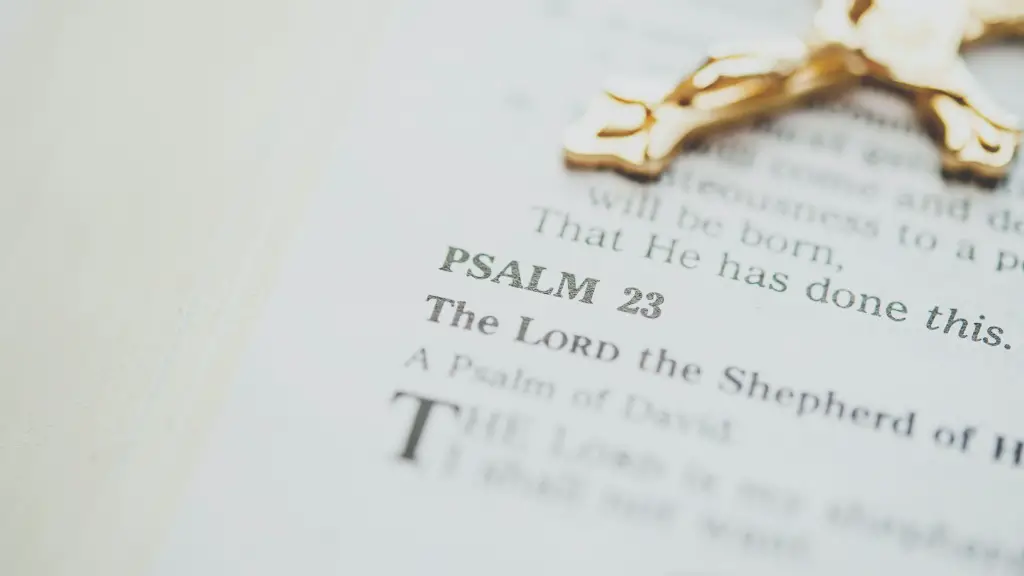Purim is an annual Jewish holiday commemorated on the 14th of the Jewish month of Adar. It is an important day for Jews around the world as it commemorates their victory over Haman, an evil advisor to the Persian King, who sought to have all Jews in the empire destroyed. The word ‘Purim’ means “lots” and refers to the drawing of lots that Haman did to decide which day to kill the Jews. Purim is the occasions of lavish celebration with traditional customs such as the sending of presents or ‘Mishloach Manot’, tea parties and costume parties.
The origins of Purim can be found in the book of Esther in the Hebrew Bible. According to the book of Esther, Haman, an Agagite, was appointed by King Ahasuerus of Persia as the Prime Minister. As a result of his new role of power, Haman began a campaign to exterminate all of the Jews in the empire, attempting to gain the King’s approval to do so. Esther, who was a Jew and had been hidden from public view during this time, entered into a series of negotiations with the King and eventually succeeded in convincing him to cancel the orders of Haman, who was publicly humiliated.
In the aftermath of this miraculous turnaround, the Jews were granted permission by the King to defend themselves against Haman’s forces. After emerging victorious, the Jews celebrated their escape from annihilation and declared the 14th of Adar as a day of public celebration. This joyous day is what we now know of as Purim.
The traditional celebration of Purim includes masquerades, gift-giving and even eating special triangular-shaped pastries called Hamantaschen, traditionally filled with poppy seed filling, which commemorates the three-cornered hat that Haman wore. Moreover, it is a day for good deeds and charity as, according to Jewish tradition, on this day of joy and celebration, one should seek to help others, especially the less fortunate.
In terms of its historical significance, Purim must be seen as a momentous day for Jewish people, as the book of Esther chronicles the miraculous salvation of the Jewish people from the murderous plot of Haman, and therefore stands as a triumph of good over evil, faith over fear. Moreover, it is worth noting that the story of Esther’s courageous decision to stand up to the King and defend her people is an inspiring story, showing the power of a single person to affect change in the world. This is a reminder that even in the face of seemingly insurmountable odds, hope and faith can prevail.
Understanding The Significance Of Purim In Jewish Tradition
The holiday of Purim is considered to be a joyous, festive occasion, which is why it is often celebrated with the recitation of special prayers, the eating of traditional food, the sending of small gifts, a general sense of merriment and the reading of the Megillah. For many Jews, Purim is a time to reflect on their history and heritage, to give thanks for the survival of their people, and to remember how God saved them from the evil hand of Haman.
In the contemporary world, Purim is an important holiday for Jews in terms of celebrating their identity, culture and faith. It is a reminder of the resilience and strength of the Jewish people, and a celebration of Jewish life and culture. Additionally, even though the holiday is traditionally celebrated with merriment and conviviality, it is also a way to remember and to re-tell the story of Esther and the salvation of the Jews from destruction, reminding the Jewish people to remain vigilant and never forget the horrors of the past.
Many scholars have argued that the celebration of Purim is also a way for Jews to remember the importance of their faith and to express solidarity with each other. For example, the ritual of sending gifts to friends and neighbours on Purim is a way of unifying the community and expressing solidarity. Additionally, the celebration of Purim has been seen as an important factor in preserving Jewish culture, as it is an annual reminder of the strength of the Jewish spirit in the face of adversity.
The Scoial Influence Of Purim
Beyond its place in Jewish history and religion, Purim is also an important day in terms of cultural and social integration in many contemporary societies. For example, in some countries, Purim is observed as a public holiday, allowing everyone, regardless of faith or nationality, to join in the festivities. Additionally, in some countries, Purim is celebrated with parties and gatherings in which people of different backgrounds come together to share music, food and stories.
In many cases, this allows individuals to learn about and appreciate one another’s cultures and beliefs, leading to greater understanding and tolerance. Indeed, the celebration of Purim is one way in which people can learn to value diversity, work together to create a sense of community, and to acknowledge the importance of heritage and tradition.
Furthermore, the sending of ‘Mishloach Manot’, small packages of food, on the day of Purim, is one way in which Jews can express love and appreciation to their friends and families. By sending gifts on Purim, Jews can show not only their commitment to their religion, but also their desire to build bridges with non-Jews by sharing food and stories.
Purim And Socio-cultural Perceptions & Exercise Of Power
On a more political level, the celebration of Purim can also be seen as a way of exercising power and reinforcing socio-cultural perceptions. For example, by celebrating a holiday rooted in the victory of a minority over oppression, people are reminded of the importance of standing up for justice and for the rights of the oppressed, regardless of faith or nationality. Additionally, by celebrating Purim, Jewish people are reminded of their strength and resilience in the fight for justice.
Furthermore, by celebrating this holiday and by making sure that its message of justice, compassion and solidarity remain alive, members of the Jewish faith can play a significant role in combating social injustices and inequalities, both in their own countries and overseas. Moreover, by celebrating Purim, Jews can also use their faith to challenge dominant socio-cultural narratives and contribute to creating a more just and equitable world.
The Global Purim Observation
Finally, it is worth noting that Purim is also celebrated in many countries around the world, in places where Jews are living in diaspora. For example, in some countries, the celebration of Purim includes parades and performances that draw thousands of people of all backgrounds, creating a sense of unity, solidarity and hope. Indeed, this is an example of the power of religion to bring about positive change, to bridge cultural and religious divides and to foster positive social change.
Furthermore, in many of these communities, Purim has become an opportunity for interfaith dialogue and collaboration, allowing people of different backgrounds to come together and share their stories, experiences and beliefs. In this way, Purim can be seen as an important way for members of different faiths to build bridges and recognize their common humanity.
The Impact of Purim In Our Modern Context
In conclusion, Purim is an important holiday for Jews around the world, as it celebrates not only Jewish faith and culture, but also justice, compassion and solidarity. In our modern context, the celebration of Purim can be seen as a way to bring people together, to foster understanding and tolerance between different faiths and cultures, and to work together to create a more peaceful and equitable world.
Moreover, by celebrating Purim, Jews can also recognize the importance of their faith and of their role in defending justice and equality, both in their own communities and in the larger global context.
The Promising Future Of Purim
Finally, the celebration of Purim is also a reminder of our collective power to effect positive change in the world. It is a reminder that even in the face of seemingly insurmountable odds, faith, hope and perseverance can, and will, prevail. This is an important message, not only for Jews, but for all people of all faiths and backgrounds, as it stands as a beacon of hope and of possibility in an increasingly divided and complex world.
It is clear, then, that Purim is an important part of Jewish culture and heritage, as well as a reminder of the values of justice and compassion that are fundamental to the Jewish faith. Moreover, it is an important reminder of the power of faith and of the power of humanity to create a brighter and more just future.
The Role Of Technology In The Celebration Of Purim
In the contemporary world, technology has become an inextricable part of modern life. This is true for the Jewish community as well, as many Jews have used technology to enhance the Purim celebration in recent years. For example, social media platforms such as Facebook, WhatsApp and Instagram have increasingly become popular venues in which Jews around the world can share stories, experiences and customs related to the holiday. This has allowed to increase the reach of Purim and to enhance the sense of solidarity among Jews around the world.
Additionally, technology has also allowed Jews to increase their engagement with the Megillah, the book that recounts the story of Purim and which plays a central role in its celebration. For example, there are now several online resources in which Jews can access commentaries and explanations related to the Megillah, as well as recordings of the public readings that take place during the feast.
Finally, technology has also allowed people to share the story of Purim with a larger audience, by providing access to events and rituals related to the holiday. This has allowed for an increase in understanding and appreciation of Jewish culture and heritage, and for a greater sense of unity among Jews around the world.
The Impact Of COVID-19 On Purim Celebrations
In the context of the COVID-19 pandemic, Purim observances have been significantly disrupted. Many parties, parades and other celebration activities have had to be cancelled or postponed due to social distancing regulations. Additionally, traditional activities, such as the synthesis of the Megillah and the giving of charity to those in need have been significantly restricted or even prohibited in some countries.
Furthermore, with travel restrictions and the closure of cultural centers and public schools, many Jews have been unable to observe the festival in the traditional manner. As a result, many have resorted to celebrating Purim via virtual means, such as video or telephone calls. While this has allowed people to continue to observe the festival, it has prevented them from experiencing the full richness of Purim and its traditional customs.
Nonetheless, despite the many restrictions imposed by the pandemic, people have still found ways to celebrate Purim and to share the message of its joyous and festive nature. For example, some have turned to technology to maintain the tradition of giving gifts, by sending digital vouchers or creating personalized videos for their loved ones. Additionally, many have used social media to host virtual Purim parties and to share stories, recipes and other resources related to the holiday.





